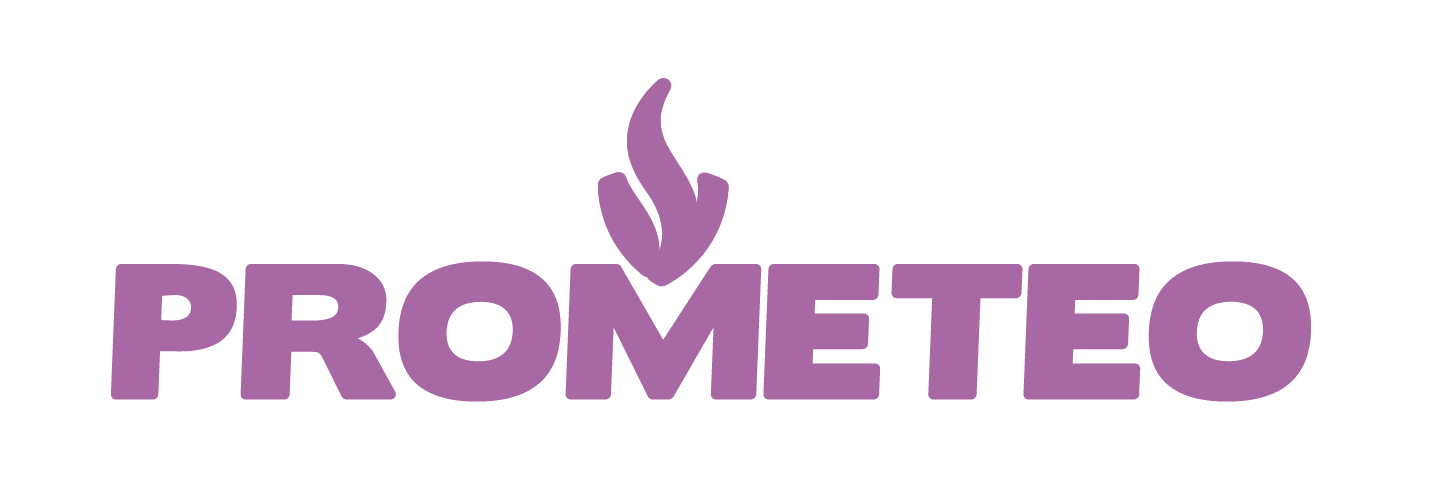SOCIABLE Project: Social Teletherapy Agent and Supporting Network for Cognitive Disabled People and Non-formal Carers
The SOCIABLE project aims to develop an integral multifunctional online platform to support elderly people affected by Dementia and Acquired Brain Injury and their careers, including dealing with stress and peer support, which offers a set of services transferred and commercialized by several companies, non-profit associations, private users and public administration. Caring for the people affected by Dementia or Acquired Brain Injury diseases supposes a substantial burden on family members: costs of informal care attributable to Dementia round 18000€ per year; adding the costs for National Healthcare Systems and society, average costs are approximately 30.000€ per year. Total market value is expected to reach $16.7 billion in 2017 after increasing at a five-year compound annual growth rate (CAGR) of 8.5%.
SOCIABLE is a unique solution on the market and merges several new and previous technologies to constitute a holistic service, such as personal assistance and task management software, push notification and citation system for caregivers and physicians, rehabilitation tools, serious games focused on physical training, memory and cognitive stimulation and open information on healthy lifestyle for impaired people. Their careers, within Virtual Club services and social network, could meet and talk and building community and mutual support, reducing significantly their isolation anxiety and technological barriers.
The current business models are complex and there is not enough knowledge transfer between academia, industry and society, even more so, taking into account the technological barriers due to caregivers’ isolation: it reduces the cost of technological adoption and maintenance helps to open a huge market niche on collaborative business scenarios, social innovation and socio-demographic sustainability. Tele-therapy aimed to early care increase the ability to European National Healthcare Systems to monitor health, improve early diagnosis and prevent caregivers’ anxiety, supporting elderly people and their relatives to remain active and healthier.

